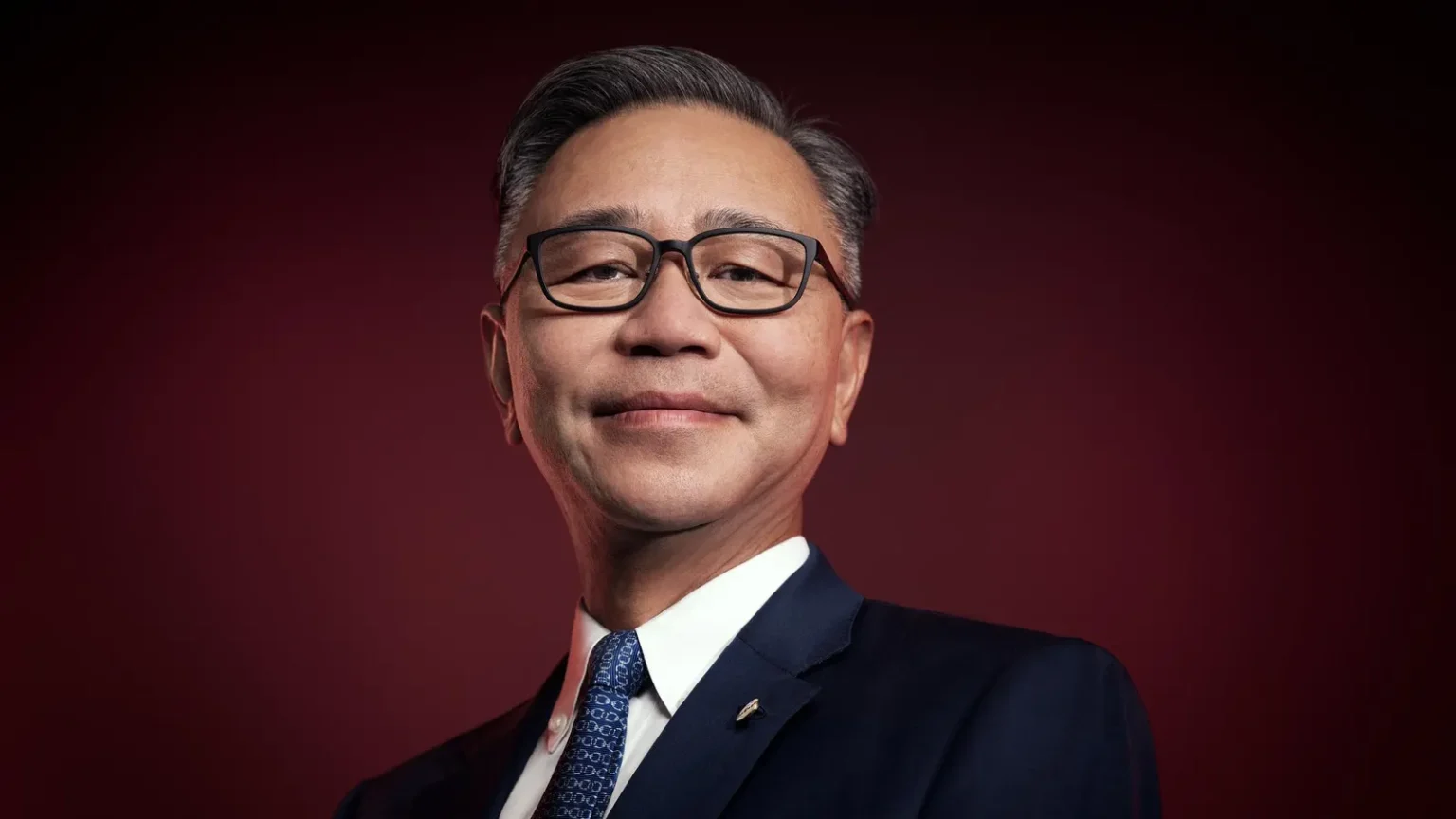A Family Divided: The Billion-Dollar Battle Over Y.C. Wang’s Legacy
The saga of the Wang family represents one of Asia’s most contentious inheritance disputes, pitting siblings and cousins against each other in a battle over billions in assets and the legacy of a business titan. On Monday, Walter Wang, the youngest son of late Taiwanese billionaire Y.C. Wang and a successful entrepreneur in his own right, filed a lawsuit against his half-siblings and cousins. Unlike previous legal challenges that sought to dismantle his father’s trusts, Walter claims he wants to reform them to properly reflect his father’s intentions. The lawsuit alleges that “billions of assets” have been mismanaged by the current trustees and that charitable giving from the family foundation has dramatically declined under their stewardship. For Walter, who built his own $2.1 billion fortune as CEO of California-based J.M. Eagle, the fight isn’t about claiming more wealth for himself but ensuring his father’s philanthropic vision and business legacy are properly honored.
The roots of this bitter family feud stretch back decades, intertwined with Y.C. Wang’s remarkable rise from poverty to becoming one of Taiwan’s most celebrated entrepreneurs. Born to a tea farmer family when Taiwan was still a Japanese colony, Y.C. and his brother Y.T. Wang had minimal formal education. Despite these humble beginnings, they founded Formosa Plastics in 1954, building it into an Asian petrochemical giant with estimated assets of nearly $90 billion by the time of Y.C.’s death in 2008. However, Y.C.’s personal life was as complicated as his business was successful. Though married for 73 years to his first wife, he had no children with her. Instead, he fathered five children with one woman and four with another, creating family dynamics rife with tension. His oldest son Winston left Formosa in the 1990s after a public falling out with his father over his own extramarital affair and was later excluded from a committee Y.C. formed to oversee his business empire in his final years.
As Y.C. Wang aged, the question of succession and wealth distribution became increasingly contentious. Around 2005, Susan, Y.C.’s oldest child from his “third wife,” created four Bermuda Trusts and the New Mighty Trust in Washington D.C., reportedly at her father’s request. An 88% stake in Formosa Plastics USA was transferred into the New Mighty Trust, though the trust documents were in English, a language neither Y.C. nor his brother Y.T. could read. Meanwhile, Y.C. appointed his nephew William as CEO of Formosa Plastics in 2006. When Y.C. died in 2008 at age 91 in his New Jersey home, he left no will—a fateful omission that would spark years of litigation. Within months, his eldest son Winston filed the first legal complaint in New Jersey, which would evolve into multiple lawsuits across the U.S., Bermuda, Hong Kong, and Taiwan as Winston attempted to invalidate the trusts and redistribute their assets among the heirs. Other family members, including Y.C.’s first wife and his cousin, joined the legal battles that have now dragged on for more than a dozen years.
Walter Wang, who moved to California with his mother at age nine and later borrowed $30 million from his father to buy plastic pipe maker JM Eagle, initially stayed out of these legal disputes. What finally drew him into the conflict was a 2022 Bermuda Supreme Court ruling that, while upholding the validity of the trusts against Winston’s challenges, included testimony suggesting the four current trust managers were only meant to serve temporarily. After unsuccessful attempts to negotiate an agreement that would give other family members roles in managing the trusts, Walter filed his first lawsuit in Bermuda in November 2023, followed by the current action in Washington D.C. According to Walter’s complaint, the charitable giving through the New Mighty Foundation has dramatically declined under the current trustees’ management. An analysis shows the trust transferred $232 million to the foundation between 2007 and 2008 when Y.C. was still alive, with $48 million disbursed during that period. However, since then, no money has moved from the trust to the foundation, though it did receive a $24 million grant from an undisclosed donor in 2022.
The financial context of this dispute includes troubling performance at both the Taiwan conglomerate and its U.S. operations. Shares of Formosa Plastics, which recently reported its first net loss in decades ($40 million in 2024), have lost more than half their value since 2021 and are trading around the same price as when Y.C. died. The company’s other major listed units have also seen their shares slide significantly. The U.S. business hasn’t fared much better, with pre-tax income falling from $1.4 billion in 2021 to just $157 million in 2024. These financial struggles have had personal consequences for the family’s wealth—Y.T.’s sons William and Wilfred Wang, who hold the largest stakes in Formosa Plastics, recently dropped out of Forbes’ list of Taiwan’s richest families. For Walter Wang, a cancer survivor with his own considerable fortune, the lawsuit represents more than a grab for money. He claims to be fighting for proper governance and management that reflects what he believes were his father and uncle’s true intentions for their business empire and philanthropic legacy. However, with years of contentious litigation already behind them and more likely ahead, the prospect of a resolution that satisfies all parties seems increasingly remote.


